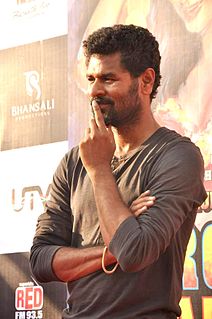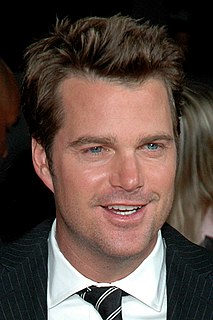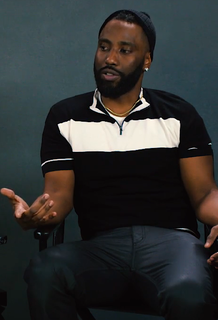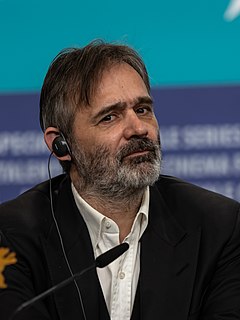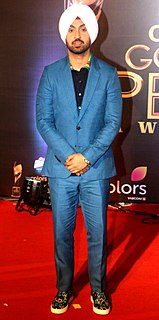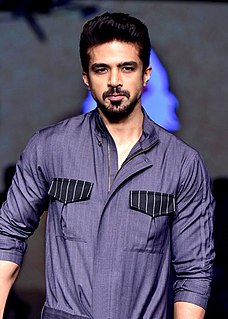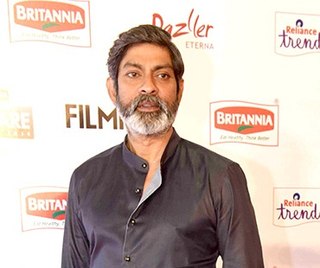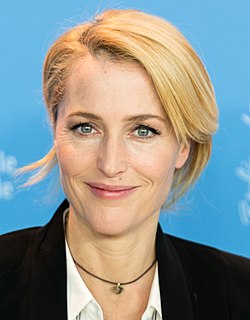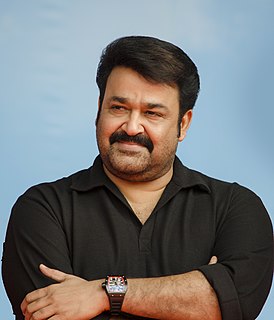A Quote by Prabhu Deva
As an actor, I felt nervous only during the release of my film. When I became a director, the anxious moments started once the editing work began.
Related Quotes
I definitely had those moments, like any actor, when you get anxious and think, 'When am I going to work again?' But I would feel that way even when I had every offer in the world coming to me. Then I became a father and I felt a little more of the anxiety that came with the responsibility of being a parent.
In the very beginning, women were editors because they were the people in the lab rolling the film before there was editing. Then when people like D. W. Griffith began editing, they needed the women from the lab to come and splice the film together. Cecil B. DeMille's editor was a woman. Then, when it became a more lucrative job, men moved into it.
I love the variety of films. In theater, you go into a room and the director runs the room, so you all work to his or her method. On film, if an actor or an actress is in for a day or two, the director has to get out of that actor what they need, so they have to change and adapt to that actor's technique.
With a director it's all about the work; I'd work with a great director over - you know, I'm not the kind of actor who that doesn't go, 'I want to play this role.' It's more like, 'I want to work with this director,' regardless of what the role is because if it's a good director, you'll probably find a good role because it's a decent film. But a mediocre director will always make a mediocre movie.
